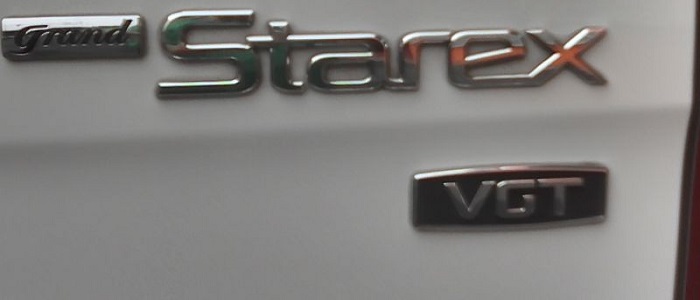
Hyundai - VGT Badge
Explaination and usages


What does actually the VGT badge mean on vehicles by Hyundai?
Abbreviation of Variable Geometry Turbo. Hyundai and its sister company Kia use this label to mark their cars powered by common rail diesel engines (CRDi) equipped with a variable geometry turbo charger. The label was introduced at a time when the variable geometry turbines were less common and the same models were offered with less powerful fixed geometry turbines. However, the badge was still used even when all turbo chargers offered were of VGT type.
Marketing
List of cars using this badge

Vehicles by Hyundai

Vehicles by KIA
Check a car by its VIN number
Visitor comments
No comments at this time. Be the first one to write a comment.
Follow us
AutoManiac Instagram
AutoManiac database currently covers:
47worldwide automotive brands
1.531different vehicle models
2.233engines
13.778specific cars































